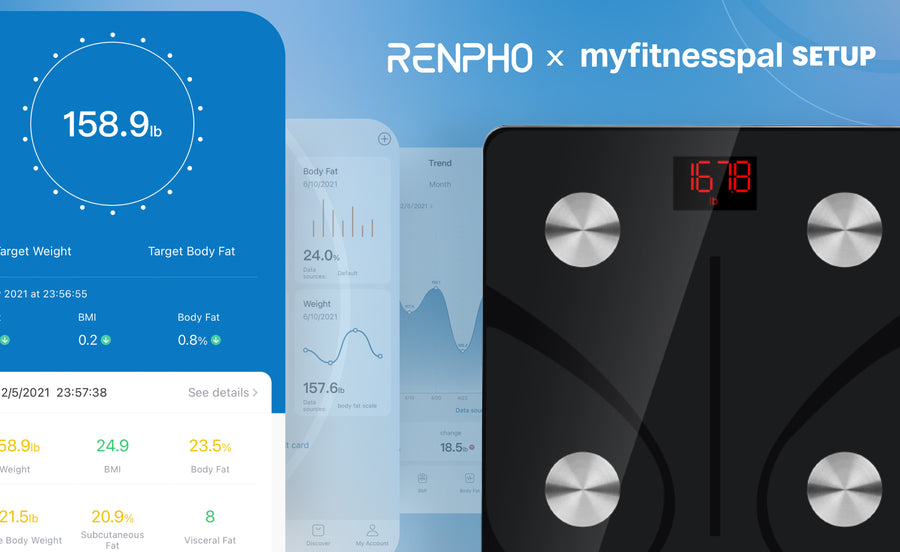It’s not just about getting enough sleep: it’s about finding the best kind of sleep. Sleep has an effect on our capacity to be attentive, interpret and analyze information.
Sleep is the brain’s fuel. Our minds slow down when we don’t get enough sleep, and we cannot function at our best. This cycle continues until the mind becomes exhausted that it can no longer function, and it impacts your entire body if you don’t treat it well.
Moreover, it shows that inadequate sleep is linked to a higher risk of having frequent psychological problems.
Find out about the relationship between sleep and mental health below, covering how they are related, the effects of sleep deprivation on the mind and tips to have a better nighttime routine for good sleep quality.
The Importance of Sleep Quality
Sleep is one of the vital factors that helps our bodies to heal and our brains store our memories and process information. It reduces daytime tiredness and impacts your capacity to feel refreshed and energized for the next day.
Sleep also promotes mental and physical well-being and improves the overall quality of life. It is necessary for people of all ages to stay healthy and recover from illness and injury.
Moreover, sleep supports the maintenance of cognitive abilities such as focus, acquiring knowledge, processing information and emotional stability.
In contrast, sleep deprivation and poor sleep quality can have various adverse effects. Physiological factors include a higher risk of stroke, heart disease and high blood pressure. This may also raise our chances of getting mental illnesses such as anxiety and depression that may interrupt our sleep even more.
Sleep Quality and Mental Health
Sleep is needed for healthy mental performance. When most of us think of sleep advice, we probably blame ourselves for not getting enough of it – 7 to 8 hours a night. However, quality of sleep maybe even more essential than quantity, especially when it comes to mental health.
Our minds need rest to recover and recharge. Thoughts, feelings, and new knowledge are absorbed and stored for retrieval soon after getting enough sleep, whereas we tend to be forgetful and irritable if we don’t.
The Effects of Sleep Deprivation on Our Psychological Health
Sleep deprivation is defined as a pattern of insufficient or poor quality sleep. Regularly sleeping less than 7 hours per night might have long-term health repercussions that affect the entire body.
The factors underlying sleep disruption and mental well-being are complex, but they are strongly intertwined as we analyze our emotions and thoughts when sleeping.
Here are some of the most common signs of sleep deprivation:
Other than these factors, your poor sleep quality can also be caused by poor sleep hygiene, stress, sleep apnea or chronic health issues or sleep disorders.
Having a Good Bedtime Routine
Your nighttime routine must be relaxing and focused on self-care. This might take a few evenings to become noticeable, but keeping a simple bedtime ritual can pay off in huge sleep benefits.
Be persistent with your sleep schedule
Your brain begins to unwind for sleep a few hours before bedtime as a component of your natural sleep-wake cycle. You can improve this by determining your bedtime and wake-up schedules and keeping them that way.
Following a regular sleep schedule trains your brain to feel exhausted when it’s time to sleep. Then, choose a time every night between 30 minutes and 2 hours before bed to complete your routine.
Eat something light and healthy if you’re hungry
Late meals and drinking caffeine or alcohol before bed might lead to poor sleeping habits and other serious medical conditions. It is best to try eating healthier foods like oatmeal, yogurt or almonds to enhance your melatonin levels before going to bed.
Do something that will help you wind down
Deep breathing and meditating are some ways to calm your body, while helping you fall asleep faster. Find out what works best for you and include it in your routine.
Another thing you can add to your routine is to have a massage with the RENPHO Eyeris 1 Eye Massager before bedtime. You can easily take care of your eyes and allow them to recover from visual strain. It also helps the nerve and muscles around your eye area be relaxed by heat compression while allowing more blood and nutrients to reach your eyes.
The Eyeris 1 stimulates your eyes and gently places pressure on the right points, allowing your eyes to rest completely.
Here’s all you need to know about sleep and mental health. Make sure to prepare and stick to your nighttime habits to help you feel better and wind down towards the end of the day. Once you've settled and are ready to sleep, get onto your comfortable bed and cozy up with your favorite pillow.
Renpho Health Tips
-

Tips for Sleep Issues and Having a Better Sleeping Space
Jun 16, 2022
Read more >
-

The Ultimate Guide To Starting Your Fitness Journey
Mar 03, 2022
Read more >
-

Why You Should Improve Your Exercise Effectiveness with HIIT and Bike Workouts
Apr 19, 2022
Read more >
-

RENPHO Smart Body Scale: Connecting Your RENPHO Health Data to the MyFitnessPal App
Dec 20, 2021
Read more >
-

Ways to Relax After An Exhausting Day
Apr 29, 2022
Read more >






































